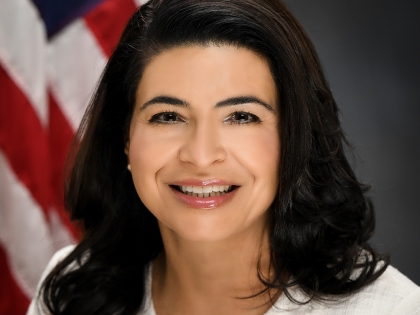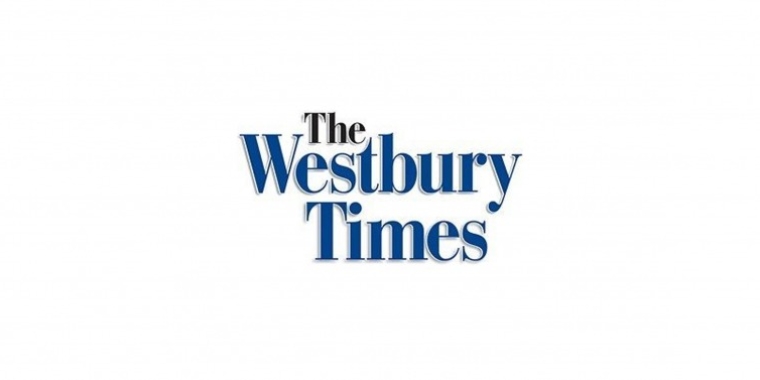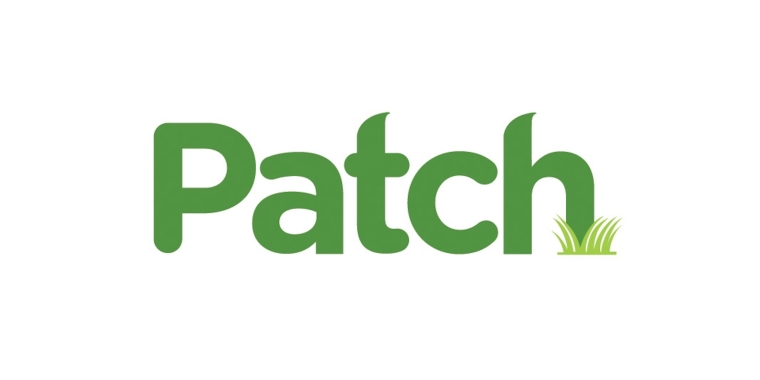
New state law makes Japanese spirit shochu more widely available

ALBANY — A new state law allows a 500-year-old Japanese alcoholic beverage that’s rising in popularity globally to become more widely available in restaurants in New York.
Shochu (pronounced SHOW-chew), which is imported from Japan, is commonly distilled using sweet potatoes, rice or barley, each of which create a different taste.
The beverage is becoming popular in the United States in highballs, martinis, the Italian cocktail Negroni and Japanese umami cocktails.
Under legislation sponsored by Sen. Anna Kaplan (D-Great Neck) and signed into law June 30 by Gov. Kathy Hochul, shochu may be sold under a state license that covers beer and wine.
That’s expected to greatly expand the sale of the alcoholic beverage in restaurants, particularly those with Asian cuisine.
Previously, shochu could only be sold under a license to sell hard liquor such as vodka and whiskey.
A hard liquor license can cost two- to three-times more than a beer-and-wine license and can be more difficult to obtain.
“For years, our state’s backward liquor laws have snubbed Japanese culture by denying the ability of restaurants to serve shochu to their patrons,” said Kaplan, chairwoman of the Senate Committee on Commerce, Economic Development and Small Business.
“With this new law, New Yorkers can finally raise a glass of shochu in their neighborhood restaurant and enjoy this popular Japanese heritage product beloved across that world,” Kaplan said.
Shochu is allowed to have an alcohol content as high as 24% under the law, putting its maximum alcohol level between wine and whiskey.
“This important moment has been years in the making,” said Chikako Ichihara, board member and treasurer of the New York Japanese Restaurant Association.
The Japan Sake and Shochu Makers Association said the push for the legislation took years and involved lobbying by, “importers, distributors [and] the Japanese community.”
“We also hope that its availability will increase the profile and interest in this traditional spirit and Japanese culture,” said John McCarthy, adviser on legislative and legal matters for the association.
The legislation permitting wider availability of shochu was one of several laws passed in June, and in the state budget in April, aimed at supporting the sale of alcohol in restaurants.
The measures include a three-year extension of a law that allows greater use of sidewalks for outdoor seating.
The law originally was passed to provide a way for restaurants to increase business while still protecting customers and workers against COVID-19.
Other new laws provide exemptions for liquor manufacturers in East Hampton Town and Rochester to allow them to make retail sales on their property.
State law generally prohibits manufacturers from also holding a retail license.
Hochul has made nurturing the return of restaurants and taverns a major element of her plan to help the state economy rebound after economic shutdowns during the COVID-19 pandemic.
"As we recover from the pandemic, it’s more important than ever to help New York’s growing hospitality industry succeed and thrive," Hochul told Newsday. "I was proud to sign this new law that will support New York restaurants while offering consumers the opportunity to enjoy additional beverage options.”
Under new law, licensed sellers of beer and wine also will be able to sell shochu. It is similar to a 2002 law that allowed the sale of soju, a Korean alcoholic beverage, under beer-and-wine licenses.
The bill’s Assembly sponsor, Assemb. Didi Barrett (D-Poughkeepsie), said the measure was intended to help the “ever-growing and diverse ethnic eateries” in the state.
“With the growing popularity of shochu, both restaurants and their customers will benefit by this law,” Barrett said.
Beer-and-wine licenses for most restaurants start at $480, plus a $100 filing fee that must be renewed every two years, according to the State Liquor Authority.
However, many cities and counties have local fees that can double the cost.
The cost for a hard liquor license that includes beer and wine starts at $1,792 plus a $200 filing fee that must be renewed every two years.
No local fees are added in Nassau and Suffolk counties.
The Japan Sake and Shochu Makers Association said the first written evidence of the heritage of shochu begins with graffiti in 1559 by carpenters in the rafters of a shrine who complained they weren’t given shochu at the end of the day as was customary at the time.
“The head priest was awfully stingy and never even gave us any shochu,” the workers wrote. “What a pain!”



